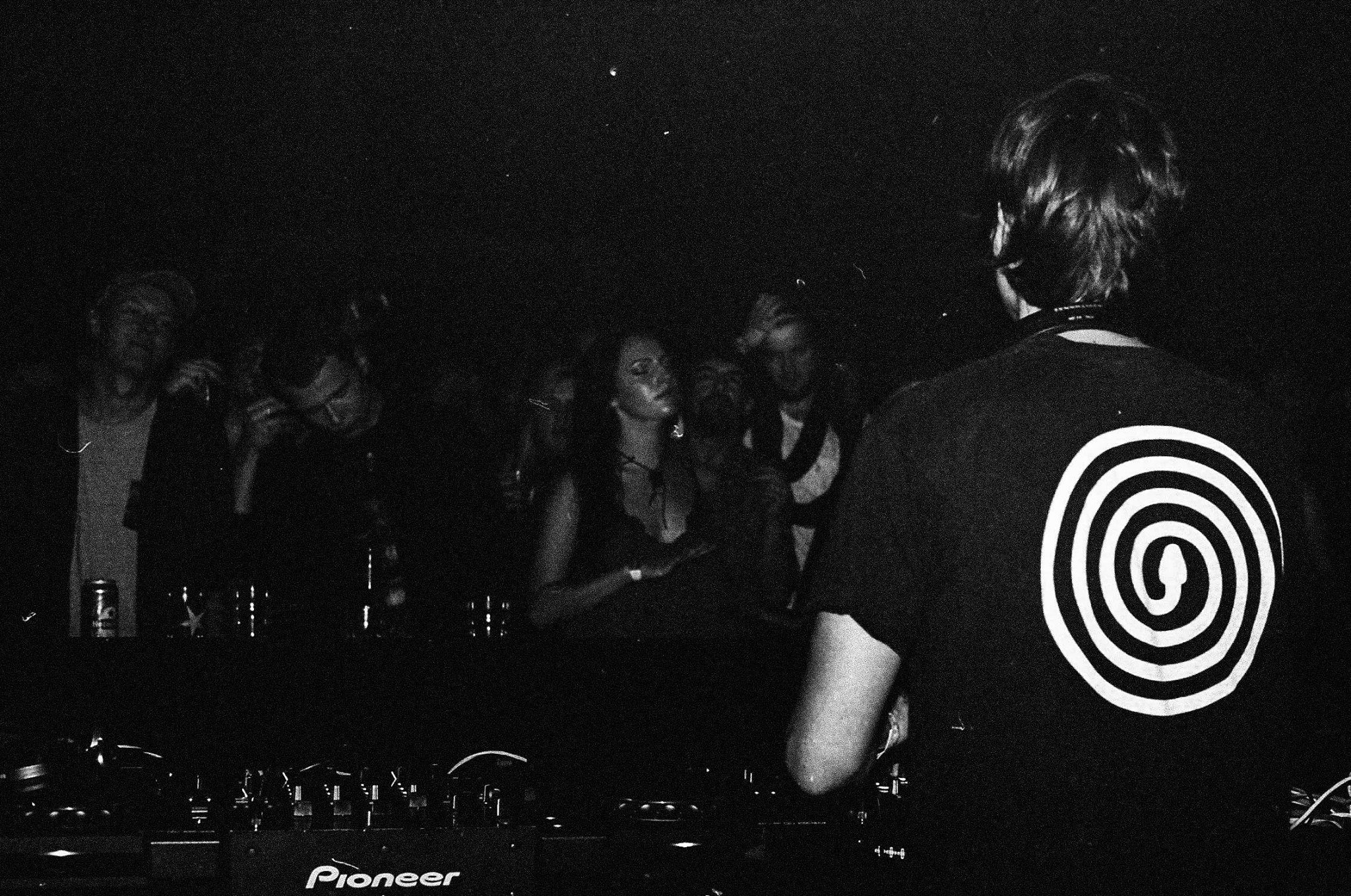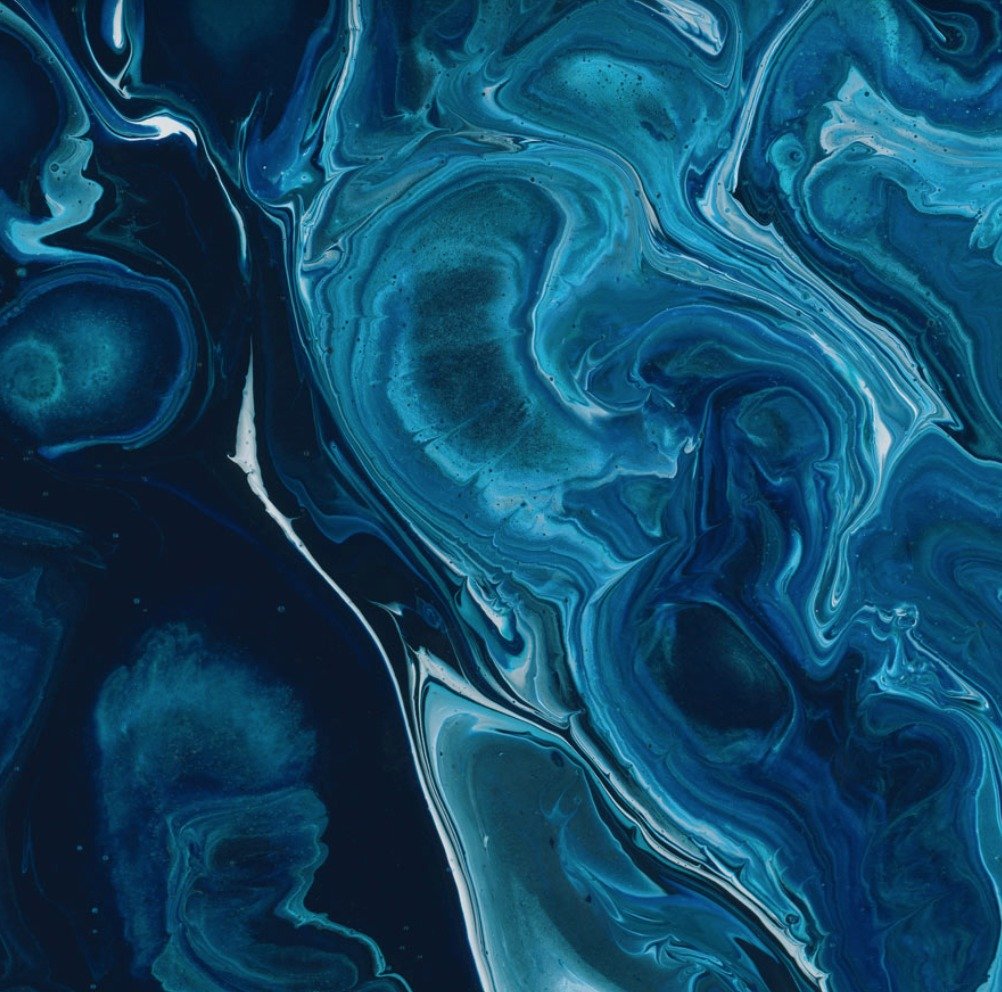
The MemoirLuigi Tozzi
article by Costanza Acernese & Michel Iseneld
Published March 6th, 2023What comes to mind when listening to your first Memoir from eight years ago?
I see the same musical identity, only with less awareness and more naiveness. The difference in awareness is given by time and making music, which is a process of knowing myself. I hear all the seeds of what I'm doing now inside that first Memoir: Deep Blue Vol. 1, my first record on Hypnus Geonosis, and release on Dynamic Reflection. They all form a beautiful foundation for the sound that characterizes me today. My conclusion is that what I like has always been clear to me in the end, as well as my identity.
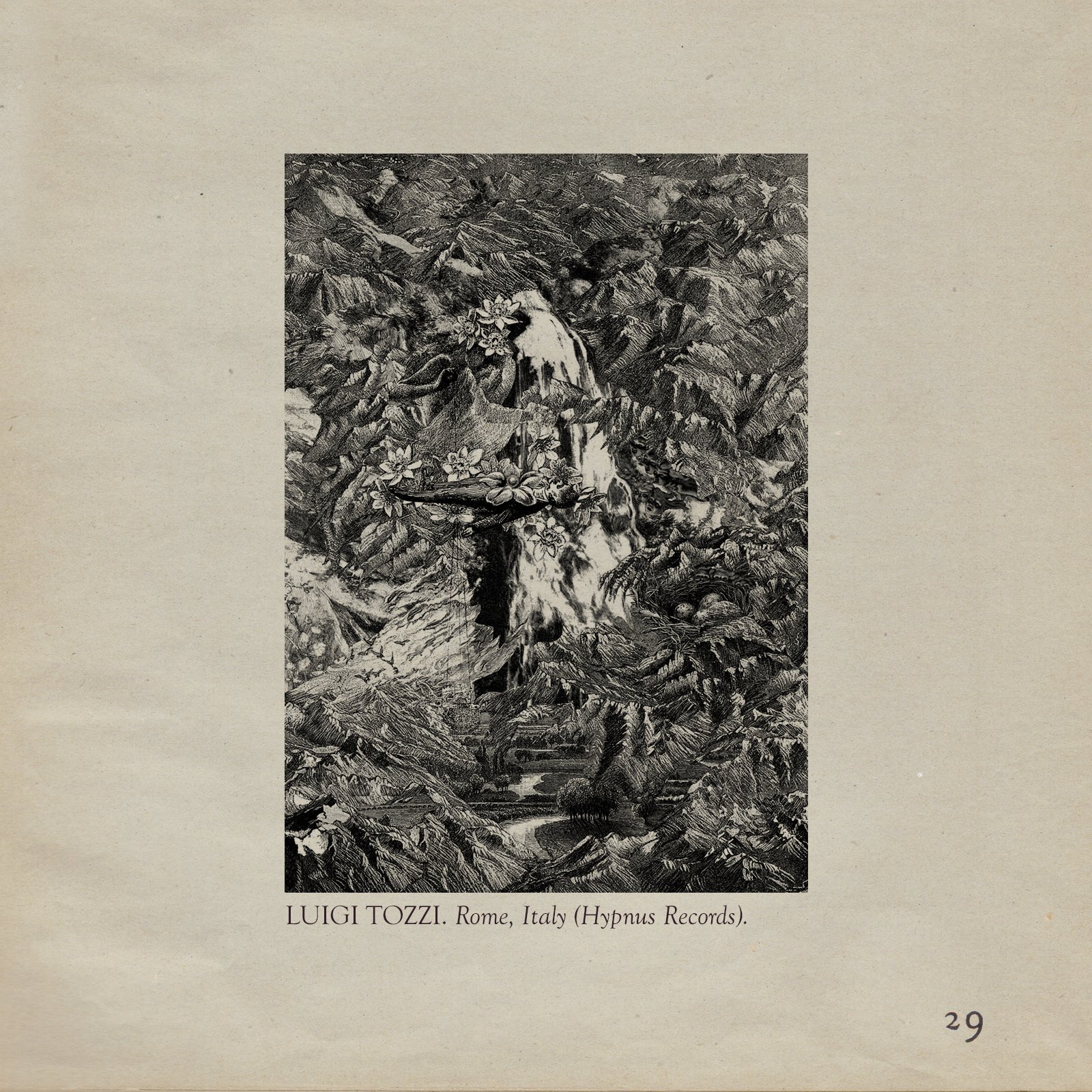
Page 1 of The Memoir was recorded by Luigi in 2014. His second recording, Page 29, is today the most-played installment of the series. Together, both pages have over 300’000 plays.
Why do you create?
I have always recognized the cathartic potential of creating. Through art, I attempt to understand who I am, why I do things, and what I like. The language present in my music is related to my inner world and a personal necessity to grow and discover myself. I’m inspired by what I see, hear, and feel. And put simply, I have an aversion to passivity. While I love watching movies and listening to music, at some point, I feel an urgency to get my hands on it and creatively shape art the way I see or hear it.
When I started making music, I was obsessed with Dommune's collaborations with Claudio PRC, Ness, and Deepbass. I remember hearing them and thinking: Wow, I really like this music and would love to try doing it with my personal touch.
So, is it the process of creation or the product of creativity which provides you with more serenity?
My starting intention guides both the process and product. If I know why I start a project and what I'm looking for, I can probably get to what I want best. For example, Deep Blue Vol. 3 has a framed concept: to recreate our first underwater experience, the sensation of being in the womb. Listening to the final product, I truly perceive the aesthetics of being immersed underwater and the sensation of hearing sounds from a blurred outside.
Would you define your musical portraits of the ocean as abstract or realistic?
There’s a bit of both. It starts with a realistic description as I create sonic environments that resemble what I hear underwater. But then, at the base, there is the abstract concept of water and primordial water and the total comfort zone that a fetus might feel inside their mothers’ womb. I think the realistic narrative is at the service of the abstract, emotional one. Then comes the technical question of being able to reproduce those sounds that I love hearing when I am underwater.
From what I have read, your music-making started during a leg injury.
Exactly. I studied political science and broke my knee during a soccer match. I then needed a lot of physiotherapies as it didn't bend. So, I was glued to a machine that started straight and slowly bent my knee. A very painful experience. I did all these leg bends with headphones in my ears. Then, at some point, I downloaded Ableton, and I started playing with it in the evening. It sparked creativity and helped me go through this difficult phase of my life.
So you approached Ableton all by yourself?
Yes, but I already had a vague musical background. I've always had friends who are passionate about music. At that time, I had already been to clubs, developed a taste, and approached composition amateurishly with Fruity Loops in high school. All in all, when I installed Ableton, I didn't know how to use it, but I understood what I was doing. I did a lot of self-learning while asking others for help when I had doubts. I also dug through eight billion forums. The internet is a great place to learn.
And before this injury, you visited Goa Club regularly, I heard?
Oh, sure! I broke my leg at 22 and used to go to Goa on Thursdays. I remember a Swedish-themed night with Adam Beyer, Joel Mull, and Pär Grindvik where I went on Thursday night and was at school on Friday morning. Before that, I remember Brancaleone and think the Dissonanze Festival was the most incredible thing happening in Rome then. They started at the Palazzo dei Congressi in 2000, and I went for the first time in 2007. It was one of the most amazing musical events, with great artist selection, sound systems, lights, and overall organization.
There wasn't a proper deep techno scene in Italy during this time, so how did you get into it?
Perhaps not the scene, but many artists. The dubby sound of Basic Channel and Berlin’s minimal techno between 2007-2011 made big marks on my taste. Elettronica Romana, a roman label that released amazing work from Giorgio Gigli, Dino Sabatini, Donato Dozzy and Claudio PRC also influenced me, plus many releases on Prologue. From there, the encounter with deep techno came naturally.
Can you name a specific release that inspired you?
Great sources of inspiration have always been the productions of artists I admire, such as Richie Hawtin’s series Concept 1. I define active listening as the process of understanding, analyzing, and attentively paying attention to each element of a track. I have been an active listener in many instances, which have inspired and given my sound a great imprint, such as Concept 1. Highly minimal tracks with repetitive and aggressive modulations. You have no idea how much they triggered my creative flow! In the same way I feel inspired by these projects, I also wish for listeners to feel free to be creative on mine.
How about non-techno artists?
My first encounter with electronic music came with Vangelis’ unique ambient compositions from the 80s. I also can't help but mention Alva Noto, alone and with Sakamoto. I've been listening to them a lot lately. Thinking about it made me realize how much I like string instruments. I realised something I've been looking for as a sound from the first record, and I didn't know what it was originally, this type of instrument. Returning to our discussion about awareness, today I'm working with these sounds, knowing what I'm looking for and what I want to create. It's different doing it with this mentality than when I was just starting.
You must’ve stumbled across the soundtrack of The Revenant. I get chills every time I listen to it.
Recently, I'm hearing it over and over again. Besides, it's a wonderful movie and an even more wonderful book. But the book doesn't have that soundtrack, so it's worth watching.
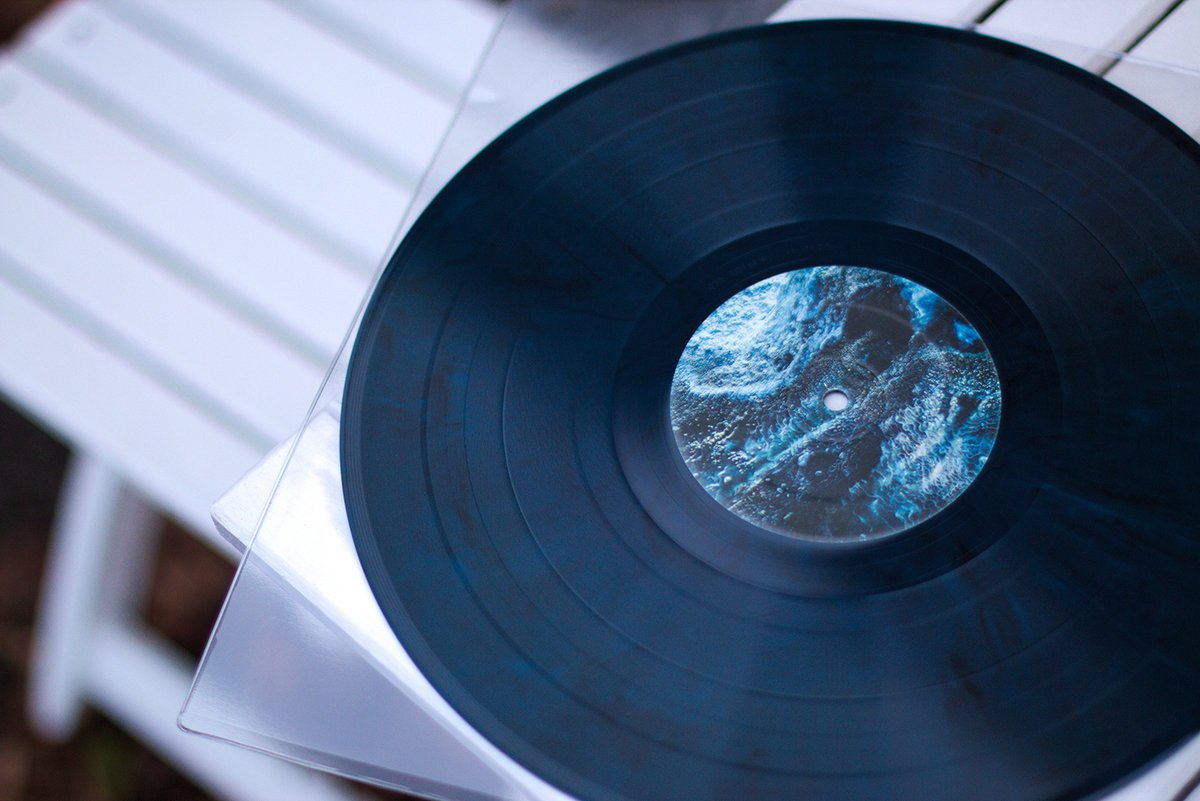
Do you have a clear plan when starting a new project?
I am methodical and tend to create cages within which I can be free. But then, my relationship with freedom is a continuous process. Generally, I tend to have the 06:00 to 12:00 approach, in the sense that, in any case, I remain sitting there from the morning until I have produced something. I don’t give up. If I get annoyed, perhaps because I'm not succeeding, I'll stay there anyway. So I'd say it's a strict methodology to work and a personal necessity to overcome feelings of uselessness, rather than endorsing a particular work ethic.
As far as creativity is concerned, it depends on the project. During the pandemic, I returned to my early sources of inspiration making a record for Non-Series, which incorporates a dance floor-focused, stripped-down techno, like early Marcel Dettmann or Marcus Suckut productions and with a very precise starting idea.
You mention Non-Series. How does your sound vary when producing for different labels?
For example, the treatment of low frequencies is different for Non-Series than what I usually do on Hypnus, where I tend to create a soft, rounded bass. While on Non-Series, I use a more precise, dry, harsh cut with a mega minimal and defined approach. Then, maybe it comes out slightly different from the original idea, but I feel there was an intention. On albums such as Deep Blue, I give myself guidelines like a key and the possibility of making a continuous mix. After that, within these guidelines, I try to understand my emotional period and what I have to say about how I feel and try to get it out. So yeah, what ultimately differentiates my productions is a matter of intentions. There is a narrative when I compose for Hypnus rather than a technical intention. To portray specks of myself through the sounds I assemble. On Non-Series, all my influences emerge, from Basic Channel to Plastikman. One aspect is fundamental here: rhythm. I have always been insecure about my relationship with groove and rhythm, but with Non-Series, I focus and experiment with it more.
Do you think exposure to an audience has influenced you?
The public are the others, and others scare me. So it definitely affects me. But even here, the choices one makes has a lot of value. On the one hand, there is the relationship with fear and then there is overcoming fear. Being able to express and be myself, even though certain things scare me.
What about it do you find intimidating?
Well, I think that we are all, pathologically or not, frightened by the judgement of others. By expectations and by having to maintain a standard or simply by the idea of failing. I think we all share this. Some people more, some less. I have it more. In fact, for me, the career I have is the opposite of how I am on an emotional level. This has also been quite a tough job for me. But honestly, I wish for everyone to have a job that puts them in front of their fears and pushes them to overcome or make peace with them.
How has this influenced your creative output?
Such exposure makes me have a more functional approach to the dance floor. But I also think that in moments of absolute creative freedom I had to rethink and expand my horizons, such as doing live sets. I had to reconstruct my work to perform live and feel at ease. At the moment I feel comfortable with live shows and it took me years.
Do you think it's a distortion aimed at being more functional from a crowd entertainment point of view?
That's the risk. Then some don't care. I greatly respect Korridor and Rrose, who immediately come to mind as examples. The two just stick to their sound, always being themselves in the music they produce and play.
Do you prefer playing live or DJ sets?
They are two different disciplines, and I don't have a specific preference. DJ sets have made me grow enormously, and I will go back to them as I feel the need to express myself also through this other form of art. Sometimes there's a piece of someone else that feels like me, and I miss being able to share it with people. Finding a crazy record always makes me want to play it at the right time, in the right place, sooner or later!
Are you more comfortable with one or the other?
I felt comfortable djing after a long time, and have also become comfortable doing live shows. Having said that, I see myself as someone who makes music. A composer. Therefore, I am convinced it is right for me to do live shows. If they tell me one of the two things does not exist anymore, I would say that I will continue to only do lives in that case. But I would suffer from this choice.
Has your preference changed over the years?
I neither wanted nor could perform live sets when I started. All the sounds I’m using today are products of years of work. In that initial phase, I started with stemming, separating sounds and creating folders. Live sets can take time, it’s not something a perfectionist like me could do right away. But after a period of declining offers, I slowly started to think whatever, let’s try it.
Are you selective about what offers to accept, then?
Initially, I was fixated on the sound system and used to ask for detailed information. At some point, I thought I was crazy, but then I figured it would be crazy not to focus on sound quality! Music should always come first. So, in the beginning, I was selective. When I moved to Paris, I took the opposite approach and really played everywhere. And now I have found a middle way. I think it's important to consider the sound system as much as the type of organization and the communication involved. I want to feel treated like I am wanted for what I do and that the promoter knows me, rather than feeling like a parcel post, which can be unpleasant.
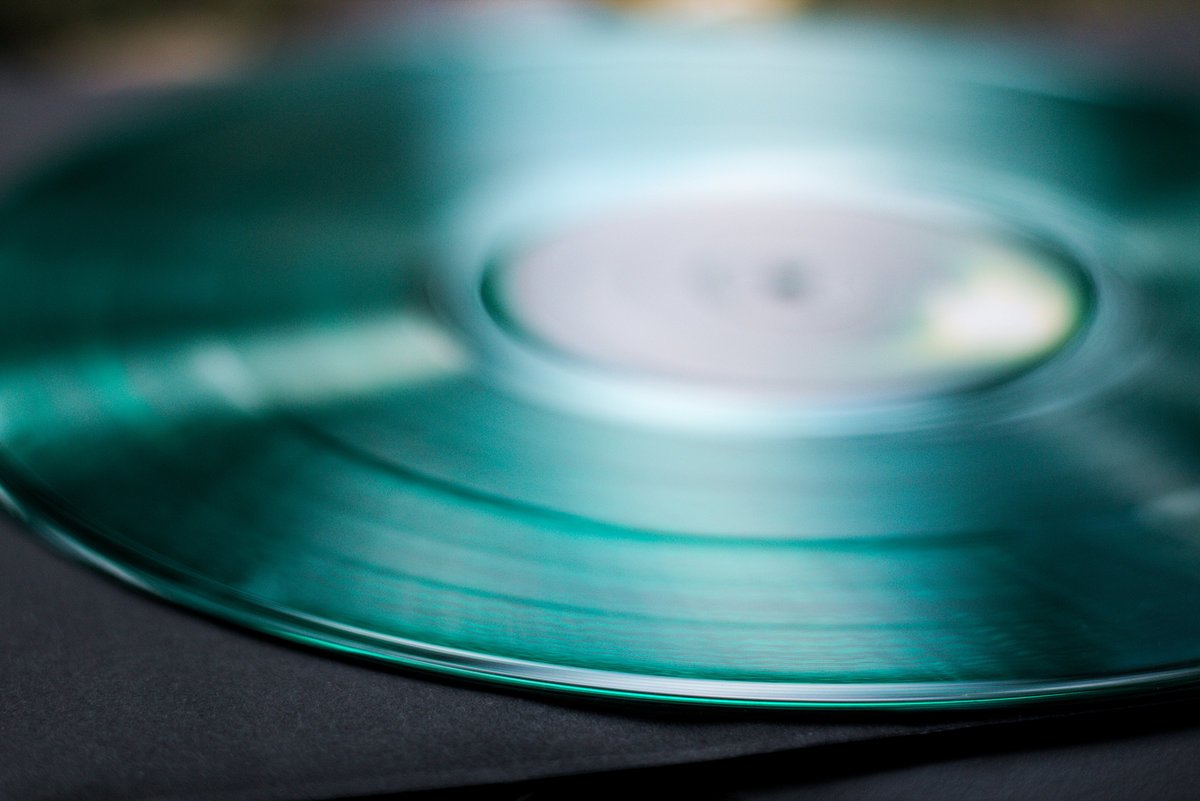
How do you overcome creative blocks?
Just by remaining seated on my chair. I also have other activities that are cathartic for me that help to regain an internal flow. It can be going to the cinema alone, the first four o'clock show, reading a book or even playing soccer.
Do you consider yourself a solitary person?
I am solitary in that I am fearful, but I am also very communicative. At the core, I'm more of a lonely person, but I don't think it's out of my nature, but rather because I tend to be fearful.
One can feel less vulnerable when alone.
Exactly. However, the greatest joys of my life have come from being exposed. So we’re back on my relationship with fear. As we talked about the ocean, we should also talk about Star Wars! In this Memoir, snippets of tracks from the Geonosis record were entirely dedicated to the saga. It is the quintessential film about the relationship with fear.
So, while I start as a loner, I still need both. There are many moments of immense personal growth tied to playing gigs. In production, I am immersed in my planet. Tozzi planet! When, on the other hand, things happen outside, in front of an audience, doing something that scares me and I overcome the fear, I can express myself and generate a connection with the audience. This is a priceless feeling.
Knowing yourself by facing your fears.
Well, on this topic, Star Wars is the Bible.
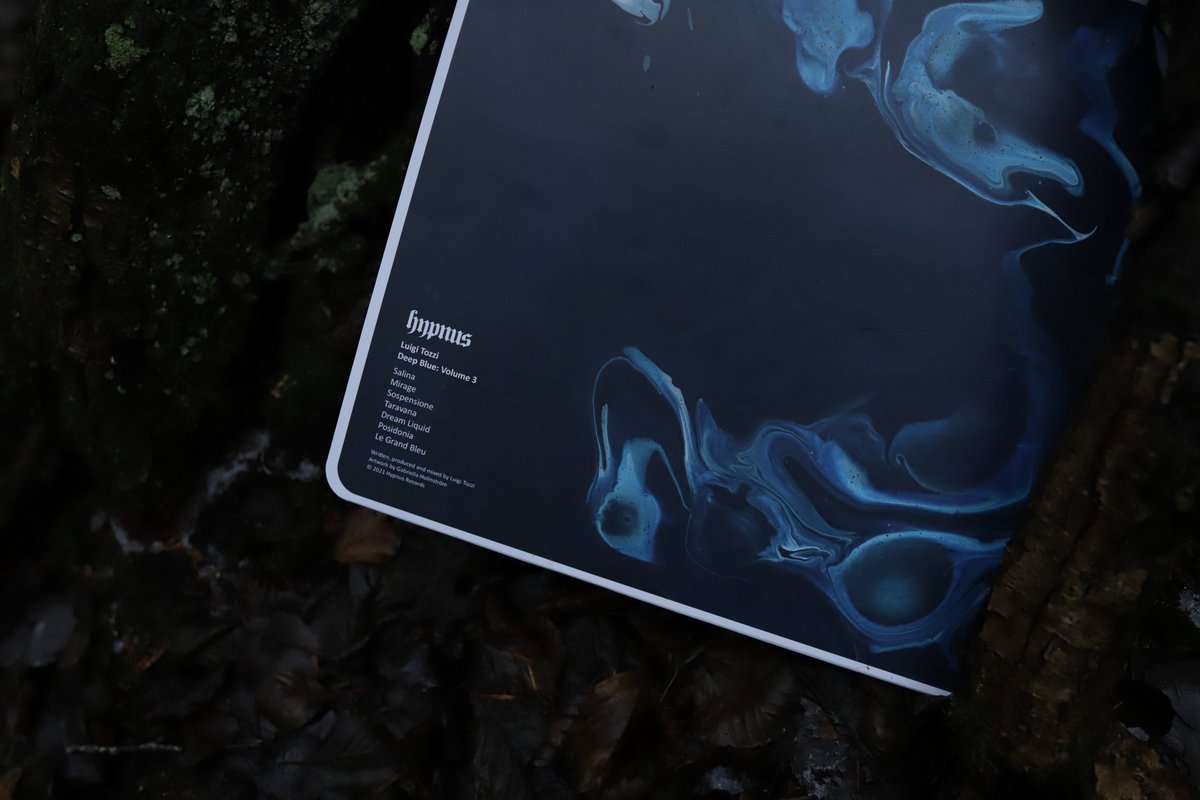
Hardware or computer?
Computer it is. I work with long effect chains, an essential part of my musical identity. That makes hardware impractical for me. So it is a matter of individual necessity. Nothing else matters. Just be aware of what you are buying!
So your choices are based on practical utility?
I believe the choice of production method should always be subjective to the user's utility. My approach is to use the computer because of its practicality to my production style. To store all the effects I use digitally as hardware would be impossible for me.
What learnings have been the most useful in crafting your style?
The most relevant to me is the ear, which is developed with experience. The ability to understand what frequencies a sound is made of and therefore what to cut and keep. I realized this when I went to Dino Sabatini's studio for the first time. His album Shaman's Path from 2012 changed my life. I was filled with doubts, wondering how he does it and what instruments produced those sounds. Eventually, the answers came from his ears. Dino knows a lot about this sort of music and has accustomed his ears to understanding where he wants to go and how to get there. This is not a matter of instruments. It's a matter of developing the ear by listening actively.
Are there technical aspects where you are more meticulous?
I'm mostly obsessed with kick drums and the bass. That's maybe the thing that technically drives me crazy. Equally important are atmospheres. I'm obsessive about doing many sets of EQs until the pads are not too loud and disturbing spatially in the spectrum.
How do you stay consistent without feeling repetitive?
The possibility of exploring two musical sides of me through Hypnus on the one hand and Non-Series on the other provides enough dynamics for me to not fall into repetition. Being able to alternate between different sounds and concepts is refreshing. I also believe each record I have released is deeply intertwined with the emotional state of my mind and body while producing it. That is something that can’t be reproduced.
Do you clearly envision where you would like to take your sound?
One thing that is clear in my mind is that I want to make good records and keep doing it for as long as I can. I think if I keep putting together good records and keep progressing with my vision, only good can come out of it.
Do you have any experiments in mind?
Yes, I have ideas that I cyclically retry. Sometimes, if an experiment fails, I put them on standby and try again later. So, I have tons of ideas. For example, I would love to start a series of dub productions with principles similar to Basic Channel's and share them as a continuously mixed album.
Have specific projects made a mark in your artistic development?
From a production point of view, I think the next record on Non-Series is the most mature I've done. Then there are growths of all kinds. That is technical growth and understanding the craft, as it's a DJ record. I am very happy with it. A completely different spirit compared to Deep Blue Vol. 3, which made me grow in several aspects: technically, as an artist, and integrally as a human being. I always tend to make records that account for my growth as a person and artist. I hope to do it more and more.
In what direction do you see yourself growing artistically?
I hope to continue doing consistent musical research that speaks about me and that it is understood. That's it. I really hope nothing else but to continue feeling more comfortable playing and being able to exchange with the public.
Do you have any hopes for the direction of the scene?
I wish people to use their ears. Everything I could tell you can be summed up in this. Merit isn’t noticeable if you look and don't listen. Secondly, I hope the scene will be depoliticized. I believe anyone who makes electronic music is a nerd and that everyone is welcome—talent, above all. The rest is something else.
To end our conversation, what are your three favorite instruments?
Sigmund, Aalto, and Waves’ bundle. Two are effects, and one is a synthesizer.
What about your favorite records and plugins of 2022?
nthng’s Sub-sonar on Delsin and Mike Parker’s The Burning Roundtable. For gear, I’d like to try the bundle of Moogerfooger emulations and the Strymon Blue Sky reverb plugin. Last but not least is the upcoming Sumu by Madrona Labs.
